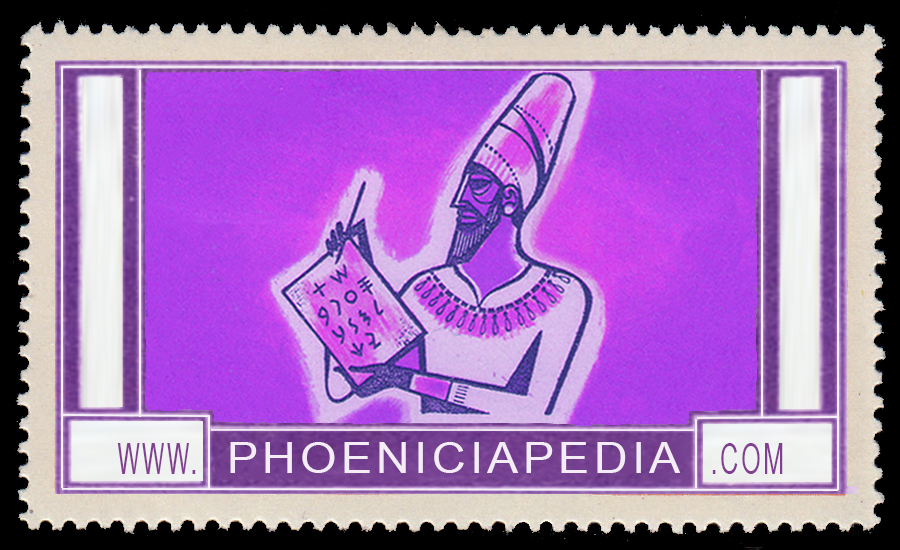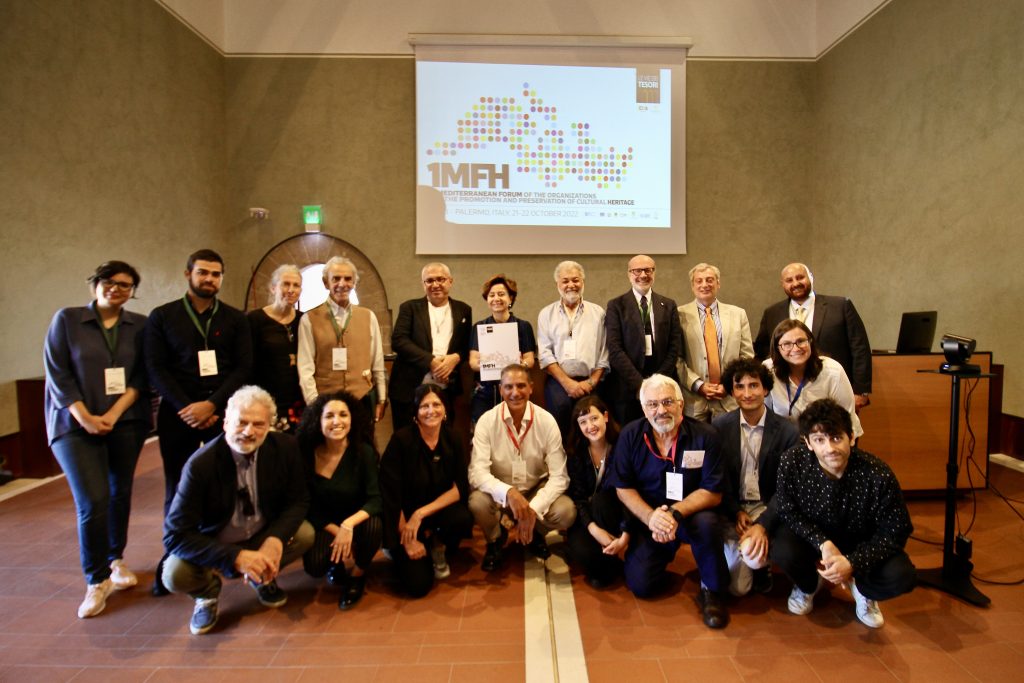NGO for Humanitarian & Cultural Causes in Lebanon
Lebanese Cultural Heritage Foundation
The Lebanese Cultural Heritage Foundation is a non-government, non-profit organisation, officially recognised by the Lebanese Government ( # 20181 ).
Our aims and objectives include:
• Preserve, protect & promote Lebanese culture, heritage & history
• Revive the memory of forgotten people, places & events in Lebanon’s history
• Create a digital online archive of Lebanon’s photographic & biographic history, accessible worldwide
• Raise community awareness of the value & importance of preserving Lebanon’s cultural heritage
• Disseminate information about Lebanese cultural heritage through the organisation of workshops, conferences, seminars & exhibitions.
• Translation of Lebanese literature into other languages
People are the stewards of heritage. By sustaining them in challenging circumstances, the effects proliferate.
To this end, our activities are currently focussed on providing immediate assistance to those most in need, following both the economic collapse and the explosion in the Port of Beirut, August 2020.
We are committed to providing resources and expertise for the restoration of historic sites, heritage buildings, and assisting with the everyday needs of those who strive to preserve Lebanon’s artistic and historic legacy.
We extend our most sincere appreciation and gratitude to the international community who have offered us support, by whatever means.
Our premises in Beirut were badly damaged by the explosion, but our archives survived in tact. We have now relocated to the safety of the historic mountain village of Aley.
•••••••••••••••••••••••••••••
The Lebanese Cultural Heritage Foundation is a non-government, non-profit organisation, officially recognised by the Lebanese Government ( # 2018/1 ).
Our aims and objectives include:
• Preserve, protect & promote Lebanese culture, heritage & history
• Revive the memory of forgotten people, places & events in Lebanon’s history
• Create a digital online archive of Lebanon’s photographic & biographic history, accessible worldwide
• Raise community awareness of the value & importance of preserving Lebanon’s cultural heritage
• Disseminate information about Lebanese cultural heritage through the organisation of workshops, conferences, seminars & exhibitions.
• Translation of Lebanese literature into other languages
Your participation is always welcome …
Lebanese Cultural Heritage Foundation
Social & Economic Development
Cultural heritage protection can catalyze responsible social and economic development. Thoughtfully undertaken, these efforts enhance the quality of life in local communities while preserving invaluable links to our shared human history.
Through creative collaborations and grassroots partnerships, Lebanese Cultural Heritage Foundation initiates and supports projects that adapt cultural heritage to address contemporary needs around connecting communities, building resilience, creating opportunity, fostering innovation, and supporting sustainable travel.
Education • Science • Culture
• Our work focuses on the identification, documentation, and preservation/conservation of artifacts, buildings, monuments, engineering works, and sites that have value of historic, culture, aesthetic, scientific, or social significance (UNESCO-UIS 2009, p. 25).
Transformation through Conservation
Lebanese Cultural Heritage Foundation encourages local communities to play a pivotal role in their own economic and social development through cultural preservation of tangible and intangible heritage. Our innovative community-based planning, technology-driven conservation, and public-private partnerships approach heritage sites as invaluable stimuli to empower people, improve economic opportunities, and transform communities.
Investing in cultural heritage as a stimulus to social innovation
Lebanese Cultural Heritage Foundation
Initiatives
A vintage photographic voyage through Beirut & Lebanon 1800s-1970s. Over 150,000 photos, films & ephemera ..
Lebanon’s first (and only) bi-lingual regional tourism & community website, promoting the 75 villages of the District of Aley.

More coming soon
Many more online resources are in progress … please stay tuned
Lebanese Cultural Heritage Foundation
International Initiatives
The Lebanese Cultural Heritage Foundation was honoured to be chosen to represent Lebanon in the 1st Mediterranean Forum of the Organisations for the promotion and Preservation of Cultural Heritage.
The Forum was held in the magnificent city of Palermo, Italy, in October 2022 – a city which hosted Lebanon’s renowned leader, and one of the region’s greatest historical figures, Emir Fakhreddine, as far back as the 1600s.
Organised by the Fondazione Le Vie dei Tesori, in conjunction with the University of Palermo, and with the generous support of the Italian Ministry of Culture, the Forum aimed to bring together a fresco of cultural heritage experiences, from one side of the Mediterranean to the other.
Exchanging experiences and perspectives, finding common ideas, comparing strategies and planning for the future, the Forum participants discussed enhancement of cultural heritage and the promotion of the territories with the involvement of the community.
The Forum aimed to build a system of cultural heritage, a sustainable model of tourism that can involve the entire “Mare Nostrum” (Mediterranean) and offer itself as a strategic reference for tourism development policies on a local and international scale.
The first “Mediterranean Forum of the Organizations for the Promotion and Preservation of Cultural Heritage” was not intended to be an end in itself, but a laboratory of best practices that looks to future synergies.
The Forum included participants who work in many countries, different in typology and approaches – public, non-governmental and non-profit entities, as well as from various Italian regions, also from Albania, Algeria, Egypt, Jordan, Lebanon, Palestine, Turkey.
At the conclusion of the Forum, the first “Carta di Palermo” was drawn and signed, a unitary document containing useful guidelines for organizations that want to invest in the area, that work for its promotion and enhancement, that fight so that young people – everywhere in the Mediterranean – are not forced to leave their countries in search of a future.
The first day of the Forum focussed on the analysis of the different local experiences that promote cultural assets by interpreting the territorial vocations of the place that hosts them without compromising their environmental qualities and identity values.
The Forum received words of welcome from the mayor of Palermo Roberto Lagalla, the president of the Le Vie dei Tesori Foundation, Laura Anello, and the moderator Giuseppe Belsito.
The Lebanese Cultural Heritage Foundation was represented by its founders, Heather & Sami Eljurdi.
Other participants included Sadi Petrela (Gjirokastra Foundation which has been working for twenty years to save his extraordinary village in Albania); Hafida Bensalah , president of Hirondelle Rediscovery and Cultural Tourism, in Algeria) and Fadel Tewfik, president of Horizon of Algiers and the Algerian Museum of Popular Arts and Traditions; Italo Scaietta, president of the Italian Federation of Friends of Museums, partner of the Via dei Tesori in Mantua; Carlo Roccafiorita, founder of Periferica which deals with the regeneration of the historic center of Mazara del Vallo; Marta La Ferla of Badia Lost & Found for the recovery of Lentini; Fabrizio Frongia of the Imago Mundi Association; Elena Carluccio, expert in museum education; Firas Khlaifat, Jordan Heritage Conservation through Heritage Tourism; Osama Hamdan, president of the Mosaic Center in Palestine, an expert in safeguarding cultural heritage in countries at war; Mahmut Aydın, responsible for European cultural projects.
The Italian situation, with an eye to the future, was outlined by digital promotion experts, cultural managers, archaeologists and pedagogues including Fabio Viola, Elisa Bonacini, Marco Coico, Dario Ferrante, Paolo Patanè. The conclusions were entrusted to the Rector of the University of Palermo, Massimo Midiri.
The second day was dedicated to the drafting of the “Palermo Charter”. This document, issued at the end of the Forum, outlined some guidelines that can serve as a source of inspiration for organizations that operate or want to operate in this sector.
The Lebanese Cultural Heritage Foundation looks forward to continue to participate in the ongoing developments of the Forum.







